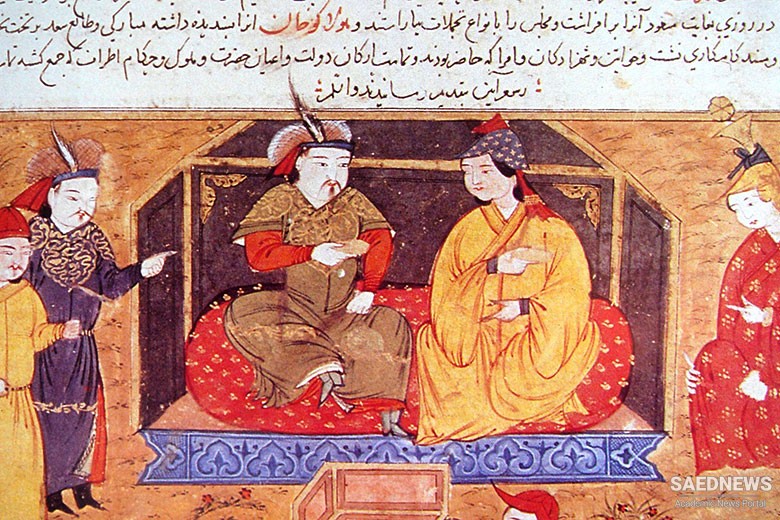Ya'qub set about establishing his own divan and appointing his own officials as soon as Slstan was under his control in 247/861, and the head of his chancery seems to have been the poet and litterateur Muhammad b. Vasif. Not till 'Amr's reign do we hear of a vizier as the amir's chief executive, but the office is frequently mentioned from the opening years of the 4th century onwards. 'Amr's administrative skill and good government are specifically mentioned, and Gardlzi (using information from Sallami) describes how he had four treasuries. One was in effect an armoury, and contained a store of weapons. The other three were financial hoards and were entirely at the amir's personal disposal. The first comprised revenue from the land tax and other imposts, and was used for the army's salaries. The second comprised revenue from the amir's personal properties and estates, which was used for court expenses, food, etc. The third comprised revenue from occasional and extraordinary levies, and confiscations of the wealth of soldiers who had gone over to the enemy; from all this, special rewards and payments were given to outstandingly brave warriors and to spies and envoys. The same author goes on to say that 'Amr was careful always to make confiscations at suitable times and with plausible pretexts. Out of all this income, tribute was sent only intermittently to the caliphate, though when money was sent, the sum involved might be as high as ten or twenty million dirhams. The good financial management of the first two Saffarids is seen in the well-filled treasuries which each of them left behind. Ya'qub left at his death fifty million dirhams and another four million (or alternatively, 800,000) dinars, and 'Amr left thirty-six million dirhams plus a great number of dinars, jewels, clothing, weapons, etc.; his improvident successor Tahir got through all this in about six years.


 Socio-Cultural Legacy of Tahirids in Medieval Iran
Socio-Cultural Legacy of Tahirids in Medieval Iran














































